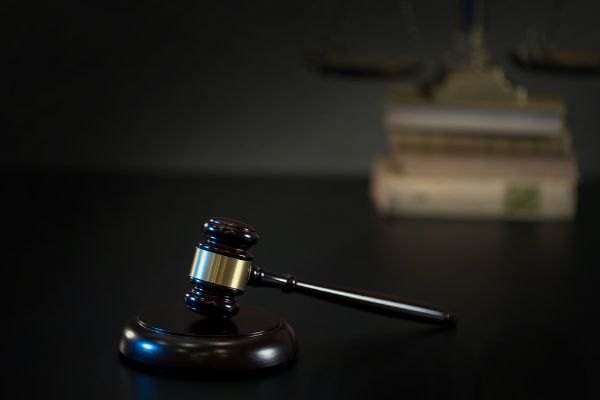
In a move that has raised eyebrows and concerns, the Biden administration quietly established a covert court known as the Data Protection Review Court (DPRC). This court, shrouded in secrecy, was authorized under an October 2022 executive order to resolve a legal conflict between European and American laws impacting the exchange of consumer data.
What’s striking about the DPRC is that while it offers privacy protections under U.S. law to Europeans, American citizens are notably excluded from these safeguards. This means that if Americans believe they are subject to unjust government surveillance, they do not have access to the DPRC. Instead, they are left to seek redress in federal courts, where proving tangible injury or wrongdoing is a formidable challenge.
This disparity in treatment between Europeans and Americans is a concern. As Adam Klein, the former chair of the Privacy and Civil Liberties Oversight Board (PCLOB), pointed out, non-residents now have an easier path to raise concerns about U.S. government surveillance than Americans.
While the court’s formation was intended to allow the surveillance of Europeans’ private data by U.S. intelligence agencies, it also provides a mechanism for these individuals to contest such surveillance. This development has been welcomed by the European Commission, signaling the importance of data protection in transatlantic relations.
However, the DPRC operates under a veil of mystery. Its location remains undisclosed, and the Department of Justice (DOJ) has revealed little about its caseload or decisions. Plaintiffs are not allowed to appear in person and must rely on legal representation through a special advocate appointed by the U.S. attorney general.
Acknowledging the court’s secretive nature, a DOJ official emphasized the “necessity” of dealing with government surveillance issues covertly. The PCLOB is set to oversee the DPRC with an annual review, intending to enhance transparency regarding the court’s activities and decisions. This review will be shared with key government officials and the public, albeit in a classified and unclassified format, respectively.
These content links are provided by Content.ad. Both Content.ad and the web site upon which the links are displayed may receive compensation when readers click on these links. Some of the content you are redirected to may be sponsored content. View our privacy policy here.
To learn how you can use Content.ad to drive visitors to your content or add this service to your site, please contact us at [email protected].
Family-Friendly Content
Website owners select the type of content that appears in our units. However, if you would like to ensure that Content.ad always displays family-friendly content on this device, regardless of what site you are on, check the option below. Learn More



